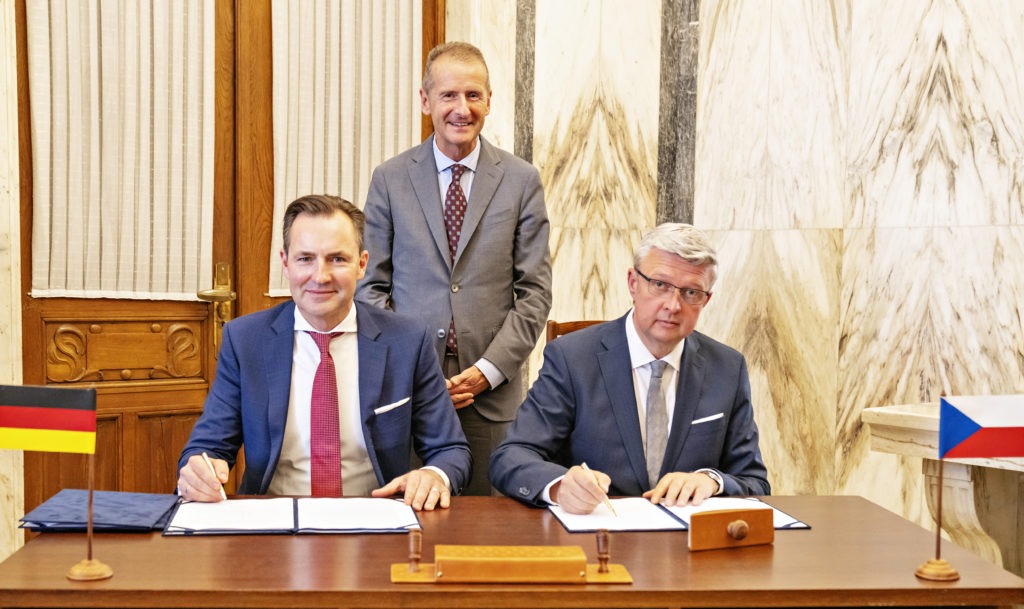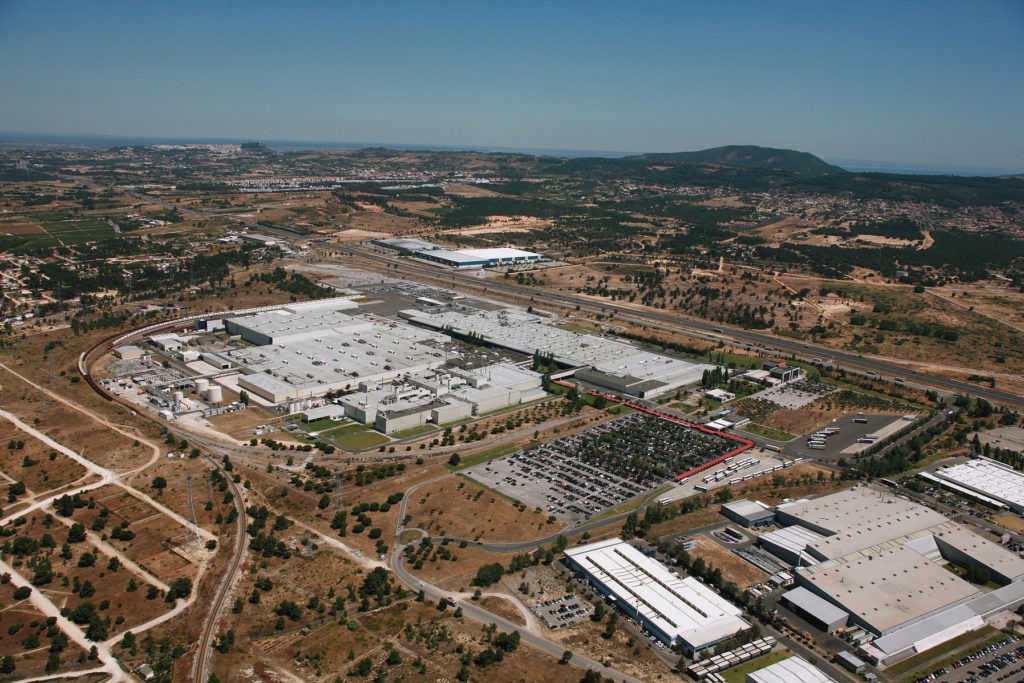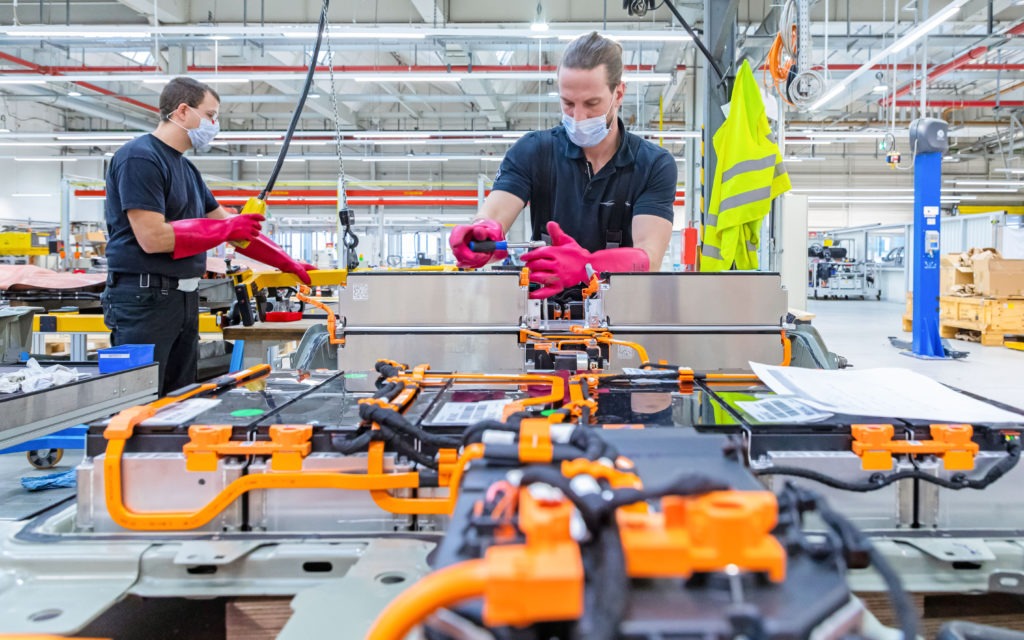VW establishes next electric steps in Czech Republic
13 October 2021

A contingent of Volkswagen (VW) Group representatives recently met with government officials from the Czech Republic. The topic of discussion: the value chain of the electrically-chargeable vehicle (EV) and infrastructure installation.
Round the table was VW CEO Herbert Diess, Skoda CEO Thomas Schäfer, VW Group board member for technology Thomas Schmall and Karel Havlíček, Czech deputy prime minister and minister for industry, trade and transport.
‘We are developing the Czech Republic, our home market, into an electric mobility centre as part of our next-level – Skoda strategy 2030. Our goal is to secure jobs and create new ones so that the country emerges stronger from the far-reaching transformation process,’ said Schäfer. ‘Today’s discussion has shown that the will is there on all sides. Now it is a matter of consistently tackling the next steps. Skoda Auto is ready to make its contribution.’
Committed to electromobility
Discussing the electrification of the automotive industry, both VW Group and the Czech government wanted to establish the country’s next steps. At the start of 2022, production of VW’s modular electric drive (MEB) systems will begin in Mladá Boleslav for the Enyaq iV. By 2030, Skoda will build EVs or electric components at all three of its Czech plants in Mladá Boleslav, Kvasiny and Vrchlabí.
A memorandum of understanding (MoU) was also signed to establish the installation of several thousand charging points in the country by 2025. This infrastructure will be built along main roads and railway stations, with CO₂-neutral electricity supplied by energy group Cez.
‘I am pleased that the Czech government is fully committed to electric vehicles and the charging infrastructure,’ said Diess. ‘These measures will enable the model to become a bestseller in its home country, as well, and the installation of several thousand new charging points will further strengthen customer interest in e-vehicles.’
But why is it so important that VW invests in electromobility in the Czech Republic? Dr Roland Madacsi, country manager at Eurotax (part of Autovista Group), explains that electromobility is presently not popular in the Czech Republic. The fact there is an absence of subsidies for EV purchases is a large contributing factor.
He points out that so far this year the Czech Republic has one of the lowest levels of registrations for new EVs out of all the EU countries. In the first half of 2021, only 1,262 new battery-electric vehicles (BEVs) were registered, compared with the same period in 2020, this is an increase of 0.6%. Furthermore, the country has just over 1,300 public charging points for the roughly 8,000 BEVs officially registered there at present.
Gigafactory placement
VW Group’s meeting with the Czech Republic officials comes as demand for a more secure European EV supply chain grows. Accordingly, VW Group plans to build six gigafactories in Europe with a total capacity of 240GWh by the end of the decade. One of these plants will be built in central or eastern Europe, a decision VW is expected to make in the first half of 2022.
Schmall pointed out that the Czech Republic is an attractive potential location for one of the six battery factories. This is thanks to its competitive energy and labour costs, good connections to other eastern European VW Group locations, and its large lithium deposits. ‘The decisive factor will be that the country resolutely tackles the transition to electromobility – from the changeover to renewable energies to the consistent development of charging infrastructure and the comprehensive promotion of future technologies,’ he added.
News agency Reuters reported that this decision had been delayed until mid-2022, as previously confirmed by Havlicek. Autovista24 reached out to VW Group to establish if this is the case. A representative from the group clarified that the decision had not been postponed. ‘As before, the plan is to fix the fourth gigafactory location in (eastern) Europe in the first half of 2022. The country’s respective conditions, the economic environment, the e-mobility strategy and the subsidy framework must be taken into account for this decision,’ the spokesperson said.



